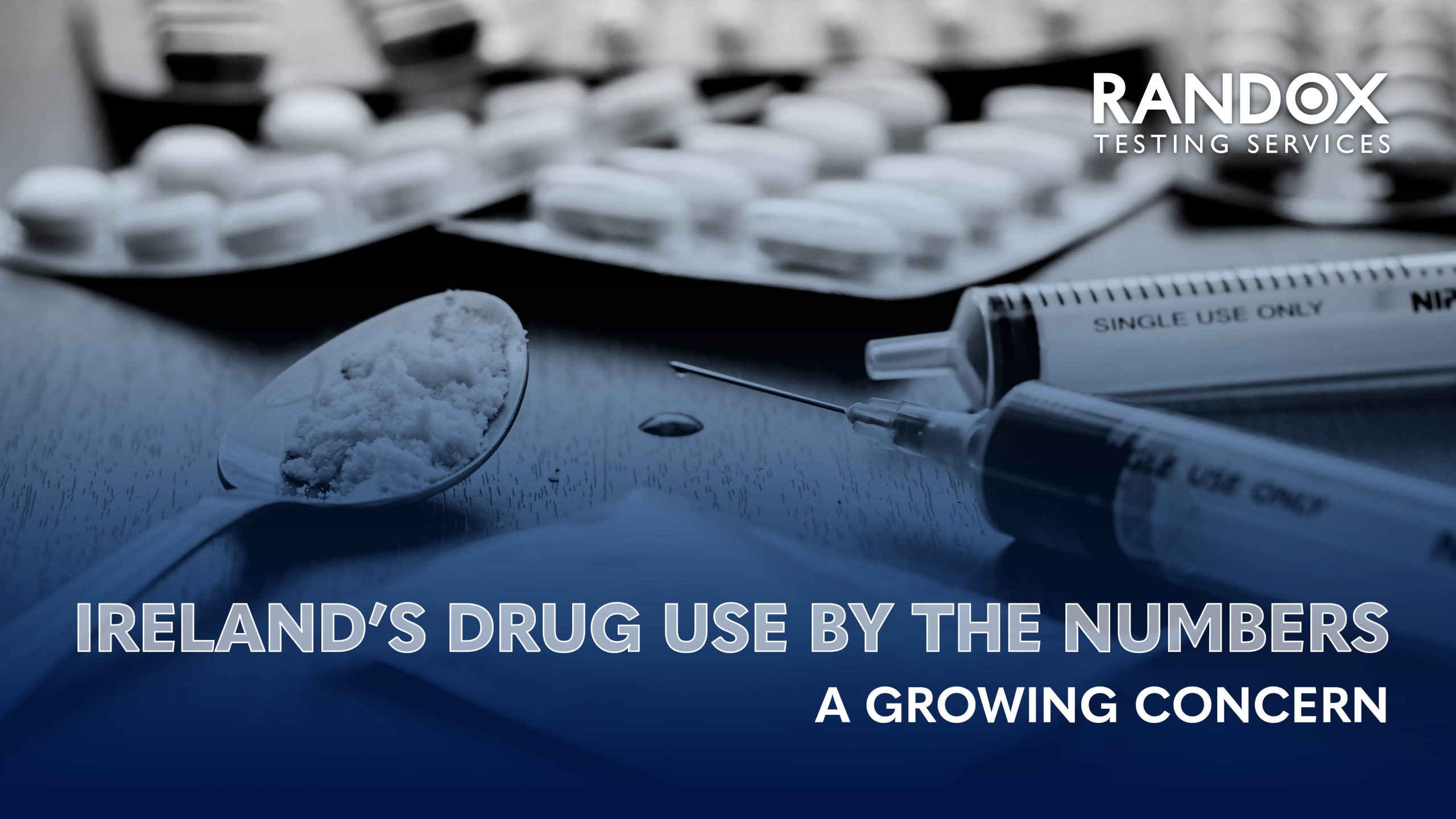Ireland’s Drug Use by the Numbers: A Growing Concern

Over the past twenty years, Ireland has seen a quiet but steady shift – one that’s reshaping communities, challenging policymakers, and changing lives. While the country has made progress in many areas of public health, one issue has continued to rise: drug use.
A Growing Trend That Can’t Be Overlooked
Recent data from Ireland’s National Drug and Alcohol Survey paints a clear picture. In 2002/03, just 19% of adults said they had ever tried an illicit drug. Fast forward to 2019/20, and that figure had jumped to 31%, a 64% increase in less than two decades. Over the same period, past-year use crept up from 7% to 9%, and last-month use nearly doubled, from 3% to 5%. [1]
Behind these numbers lies a major shift in Ireland’s relationship with drugs. What was once occasional experimentation has evolved into more regular and complex patterns of use. Among young adults, the rise is even sharper, with polydrug use (which is taking more than one substance in combination with another) is now reported by nearly half of users, compared to around a third in 2002.[1]
A Shift Toward Health, Not Punishment
So, what’s driving this rise? Ireland today is not the same country it was twenty years ago. The economy has grown, nightlife and festival cultures have flourished, and access to substances — both online and offline — has become easier than ever.
At the same time, social attitudes have changed. Where drug use was once heavily stigmatised, it is now discussed more openly and, in some circles, seen as part of social life. For younger people, the barriers to experimentation are lower than they’ve ever been.
But this isn’t just about parties or festivals. Many experts point to underlying pressures — rising living costs, housing insecurity, and mental health struggles — as contributing factors. For some, drugs are a form of escape or self-medication in a society that feels increasingly stressful and uncertain.
Another major development is the proposal for supervised injection facilities, starting in Dublin. These spaces aim to make drug use safer, reduce public health risks, and connect vulnerable people with support services. While the rollout has faced delays, the idea reflects a growing belief that treatment, not punishment, is the key to lasting progress.
Looking Ahead
The data is clear: Ireland’s rates of drug and alcohol use are increasing, and with that comes growing responsibility for employers. A strong testing policy is not only a safeguard for compliance and safety — it’s a proactive investment in people, performance, and wellbeing.
At a time when drug use is becoming more common, the most effective workplaces will be those that lead with care — combining education, testing, and support to create a culture of trust and accountability.
Drug and alcohol testing isn’t about catching people out — it’s about keeping people safe. And as Ireland continues to face this rising challenge, businesses have a vital opportunity to be part of the solution.
Partner with Randox Testing Services
At Randox Testing Services, we work with organisations across Ireland and the UK to deliver reliable, accredited workplace drug and alcohol testing solutions. From policy development and sample collection to laboratory analysis and training, we help businesses build safer, healthier working environments.
Contact us today:
Email: testingservices@randox.com
Phone: +44 (0) 28 9445 1011
LinkedIn: Randox Testing Services
Learn more about our services at: Randox Drug & Alcohol Testing Services
1. Morgan, Deidre , et al. “The 2019–20 Irish National Drug and Alcohol Survey. Main Findings | HRB | Health Research Board.” HRB | Health Research Board, 23 July 2024, www.hrb.ie/publication/the-2019-20-irish-national-drug-and-alcohol-survey-main-findings/.